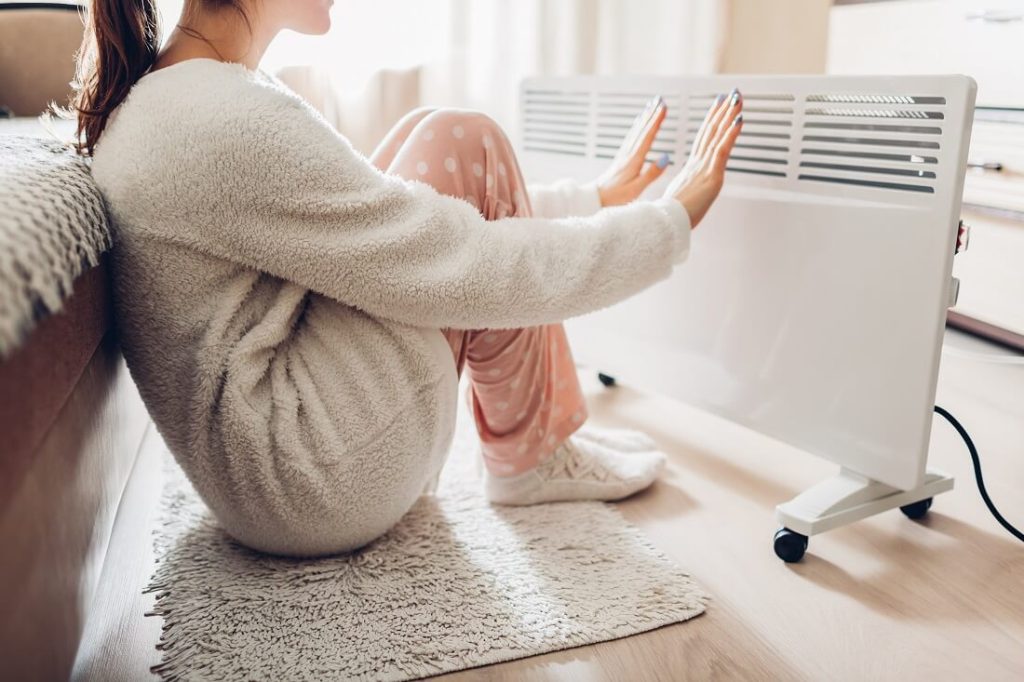Safety Tips Before you Turn on Your Heater

Purchasing a heater for your home in Australia can seem pointless, considering the local climate. Yet even this far south, it gets very cold at night between April and July. If you want to keep warm during those months, make sure to invest in a quality heater that will be turned on when needed so that all members of your family stay warm and comfortable. If you live in Australia and need help installing or maintaining one, give us a call at 1300 730 896! Since most people don’t think about heating their homes until it’s too late, we’ll make sure that yours heats up quickly without causing any problems.
1. Conduct an HVAC inspection
When an HVAC system is neglected, it can lead to costly and dangerous problems. Regular heater maintenance service prevents expensive emergency repairs in the future, which will save you time and money while increasing your home’s comfort level.
The longer that you go without using your home’s heating system, the greater chance there is for either a heater or ventilation unit to fall into disrepair – creating some severe consequences for homeowners. Broken systems are more greedy on energy usage, as they need more work than healthy ones to create and distribute heat due to their decreased efficiency levels. This could also raise electric bills depending on how much power-hungry equipment needs replaced. Furthermore, these broken units emit more greenhouse gases (GHGs) because of less efficient cooling.
When your HVAC system isn’t working correctly, it can be less effective at filtering allergens and pollutants from the air. This puts you and your family’s health at risk! Before winter hits, inspect what needs inspecting to avoid these problems: look for areas where insulation has deteriorated, equipment that is rusted or otherwise damaged, as well as filters that have become clogged with dust or particles. By shoring up these issues ahead of time (and before cold weather takes over), you improve quality efficiency in heating better than ever before.
2. Test the system
Inspecting your heating and ventilation system can be a complicated process, so you should consider supplementing the inspection with other tests. Turning on the heater for an hour before the start of winter will help determine if there are any problems in that area and give you some sense of how long it takes to warm up your home. If this test shows issues or more time is needed than expected, something needs to be done before winter really kicks in.
3. Look out for Dry air
In the winter, outdoor air naturally becomes dryer. The act of heating this drier air can further reduce its moisture content and put you at risk of illness or damage to your home’s contents, such as flooring and panelling. To avoid these problems before turning on a heat source in your home, ensure that the air is not too dry by checking with a humidifier to ensure that the air quality doesn’t dry out prematurely.
4. Conversion to high temperature
Your HVAC system is a delicate piece of machinery that you should treat with care. If you only use your heater in the winter and turn it off during summer, this could put too much pressure on the equipment raising risks for breakage. To avoid any unwanted mishaps, transition gradually to higher temperatures as autumn begins by turning off the AC when first starting without activating heaters, then slowly turning them up if needed while being mindful not to overheat or undercool yourself.
Wrap-up
If you need to heat a small space, think about getting a space heater. They’re great for warming up one room at a time and can be used safely if following these four tips:
- make sure the area is well-ventilated
- turn on an exhaust fan that vents outside of the house
- keep any potpourri away from where there are no open flames (because they release some pretty strong fumes
If this article has got you thinking about other ways to stay warm, contact Quick Air today at 1300 730 896.
